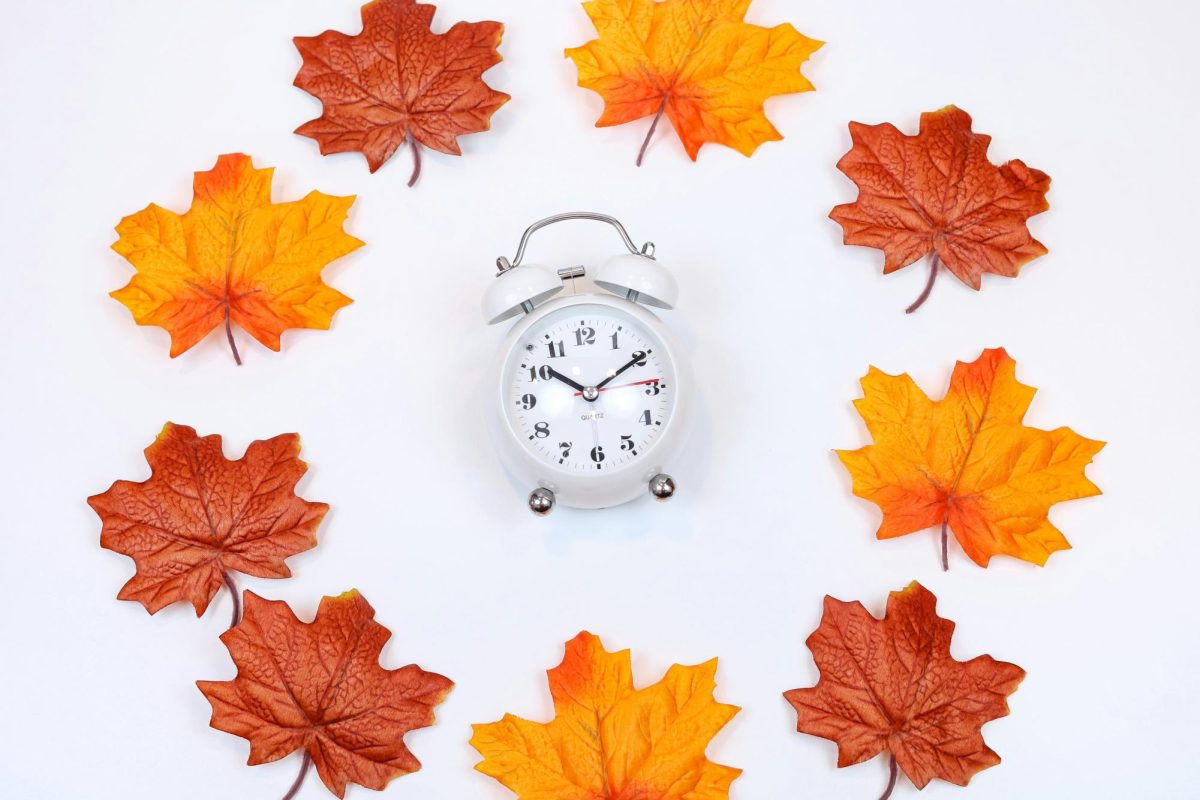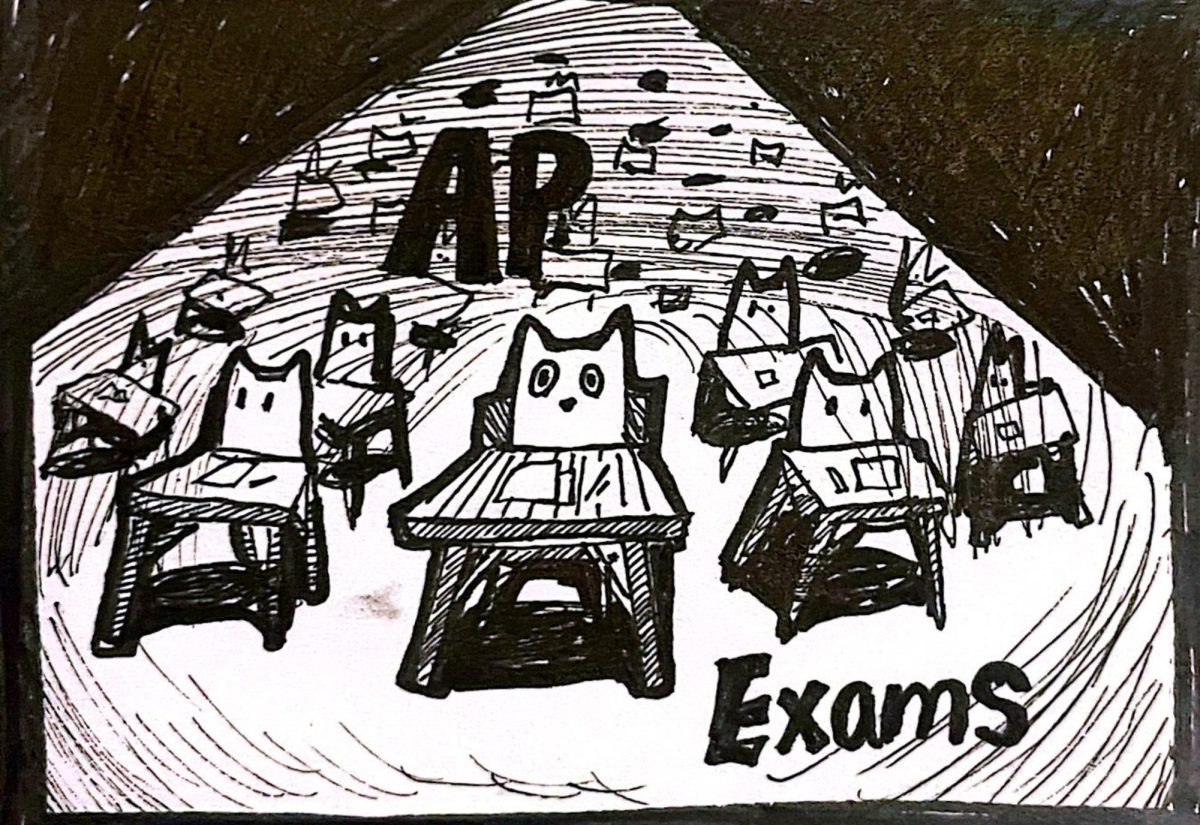At the start of every new year, many make New Year’s resolutions in hopes to become a better version of themselves. However, resolutions can get so difficult to reach that most give up less than halfway through the year, which makes New Year’s resolutions become a complete waste of time and failure.
According to Drive Research, only about 9% of Americans actually keep their resolutions throughout the year. Only a small percentage of people stay dedicated because it is so easy to get distracted and draw away from goals. For example, negative thinking and spending too much time on social media are everyday distractions that use energy that should be reserved for working on resolutions.
Kat Tran (12) reports on her New Year’s resolutions, “So far, it’s difficult to tell how much progress I’ve actually made with my New Year’s resolutions so far because it still feels like the new year just started. I usually have a hard time consistently working on my resolutions, but I hope I can do better this year.”
The common saying, “You are your biggest critic,” is nevertheless true and is a significant factor of what makes people lose sight of their resolutions. It is natural if someone constantly wants to improve themselves, but it comes to the point where high expectations and unrealistic goals are set. Letting go of resolutions becomes easier and less burdening if they were difficult to reach in the first place.
As it is still the beginning of 2025, it is not too late to set New Year’s resolutions. Resolutions must be achievable, beneficial and strangely enough, difficult to progress with. Being able to stick to New Year’s resolutions actually enhance self-awareness and improve overall health, no matter the resolution.
Another main reason why people do not actually succeed with their New Year’s resolutions is because they do not have enough passion and motivation for the resolution. Lack of inspiration to keep resolutions leads to little effort and accountability, averting away from potential.
However, most people need to realize that achieving goals takes time. It may take less time for some, yet more for others; but regardless, it will take a while for things to settle in and fall into place. It is common for off days and even months, so it is best to take it easy and not overdo it.
Rose Tabatabaei (12) says, “I tend to pressure myself with my New Year’s resolutions because I want to get better as soon as possible, but I just need to keep reminding myself that hard work takes time for it to pay off.”
Despite working on them, New Year’s resolutions do not come into play unless they become habits. In this case, consistency is key to developing a habit, as it takes around 10 weeks to officially form a habit, so keeping new year’s resolutions not only requires patience but perseverance.
Creating New Year’s resolutions are unfortunately not as easy as keeping them, but they can still be kept in mind when referring to self-improvement and goal accomplishment. A New Year’s resolution may last for more than the current new year and transfer onto the future new years, but any progress in resolutions are valid.











